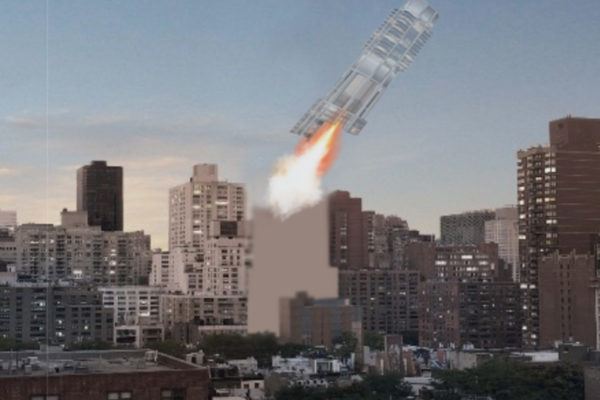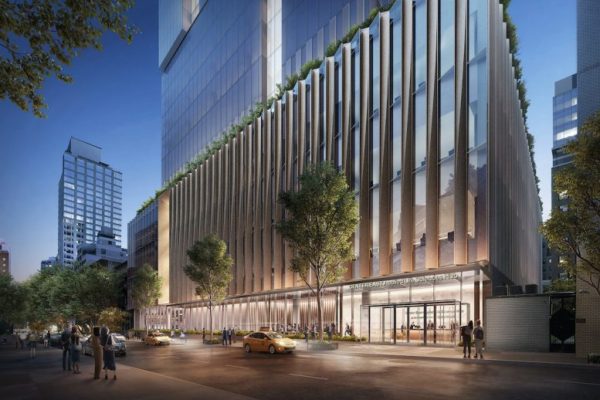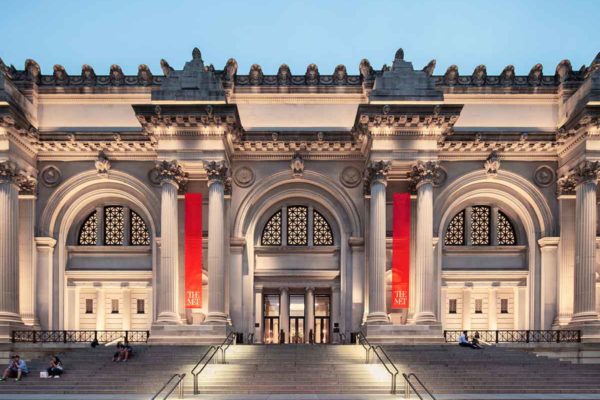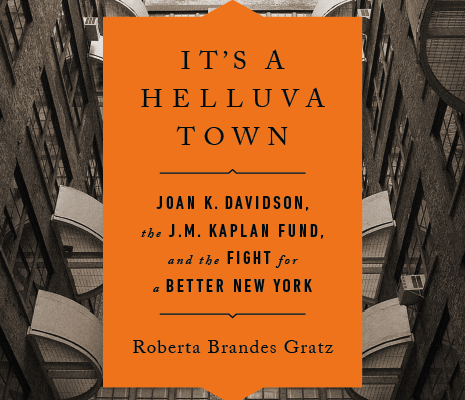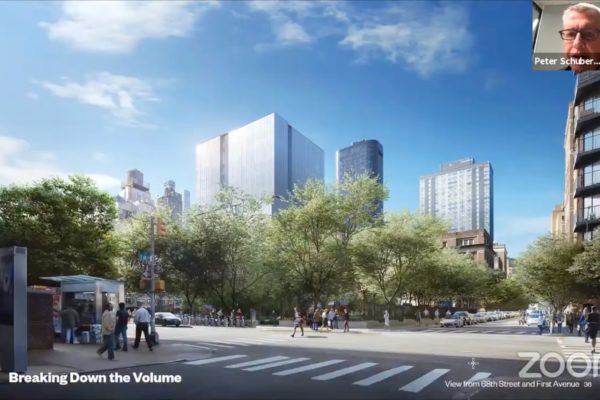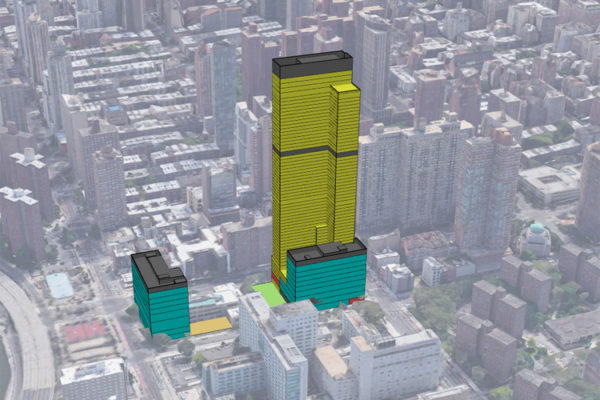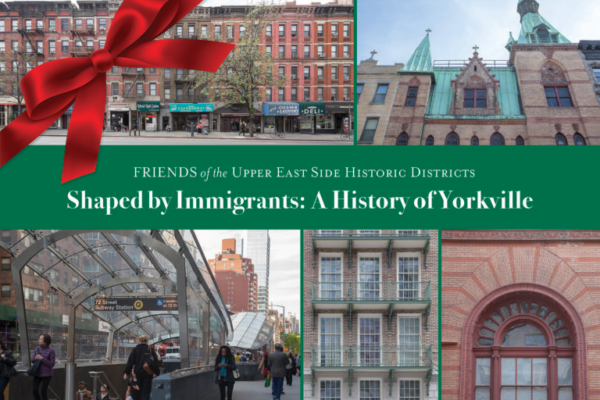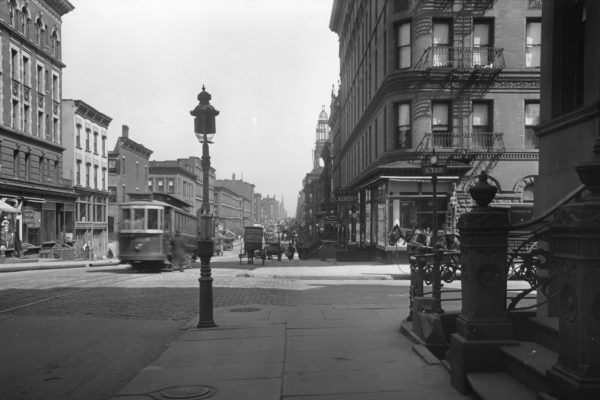Scrapping the ‘Tower on Stilts’
We are thrilled to announce that 249 East 62nd Street, the poster-child example of egregious loopholes in supertalls, has been purchased by a new owner, with a new architect, and a new as-of-right design. The proposal that was dubbed the Jetsons' Building is "outta here"!
TODAY: NY Blood Center Environmental Scoping Session
Today, December 15, NYC Department of City Planning will hold its first scoping meeting for the New York Blood Center development. The scoping hearing reviews the Draft Scope of Work for the environmental impact statement which the Blood Center must complete before the project enters the formal public review process, or ULURP.
1000 Fifth Avenue
A Beaux-Arts and Roman style museum, built in 1864-1965 and designed by Vaux and Mould; R.M. Hunt, and McKim, Mead, and White, with later additions built between 1975-1990 and designed by Roche-Dinkeloo. Application is to replace a curtain wall facade.
Celebrating the Holidays and the Soul of our Community
The recently released It's a Helluva Town: Joan K Davidson, the J.M. Kaplan Fund and the Fight for a Better New York is the perfect holiday gift for the preservation aficionado in your life (even if that's you!).
NY Blood Center: Learn More Today and Speak Out Next Week
The New York Blood Center released plans in October 2020 to demolish its modest 1930 building on a large through-block site on East 67th Street between First and Second Avenues. Replacing the three-story building would be a 334 foot midblock commercial tower, anchored by the Blood Center on the first five floors,
2021 Annual Awards
This spring, FRIENDS of the Upper East Side Historic Districts will once again celebrate outstanding achievement in preservation, architecture, and advocacy on the Upper East Side during our 38th Annual Meeting and Awards Ceremony.
The Great Preservation Bake-Off & Scavenger Hunt Responses!
We are delighted to announce that the overall winner of the Great Preservation Bake-Off is an Upper East Sider! Congratulations to Bill Schutz, of Creative Cakes, and his astounding 3-foot-tall replica of the U.S. Customs House in Lower Manhattan.
Support FRIENDS in 2020 and Beyond
When you drive into Manhattan from any direction, aren’t you still startled by the incongruous “supertalls” that have sprung up across the city, from Lower Manhattan to the edge of the Upper West Side? I know I am.
Need a Gift for the Upper East Sider in Your Life?
With the holidays rapidly approaching, we think it is safe to say that our Yorkville book is the perfect gift for the Upper East Sider in your life!
Upper East Side Building History Detectives
Get ready to be a skyline sleuth! Have you ever wanted to learn more about a building in your neighborhood? When it was built, which architect designed it, and who may have lived there?


